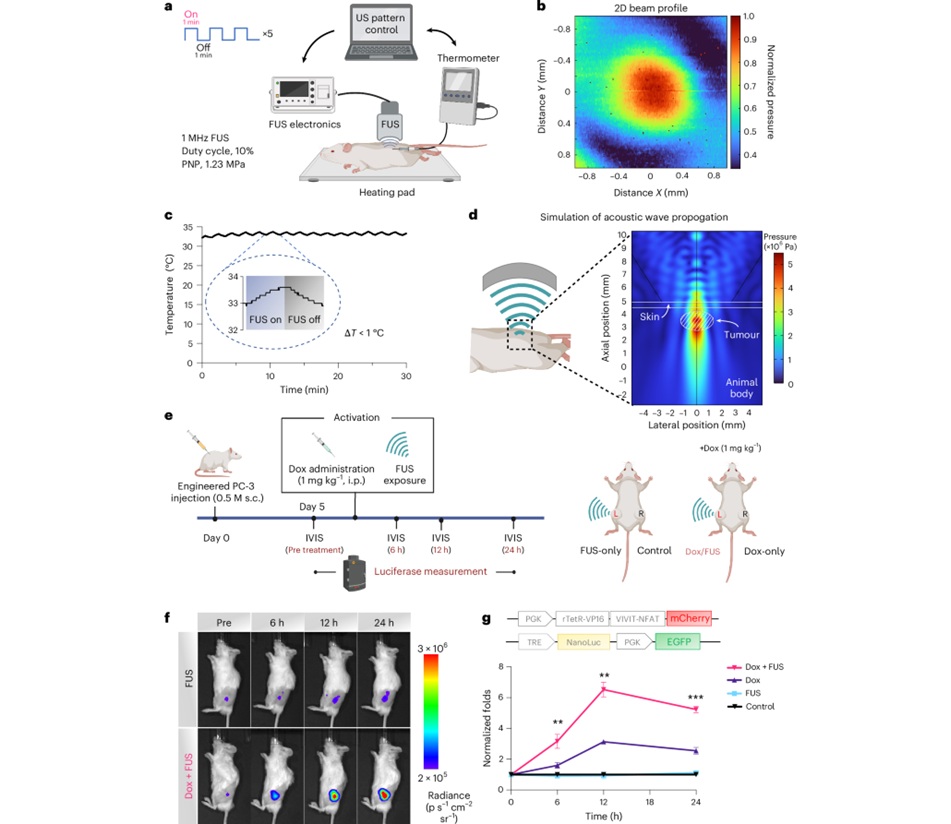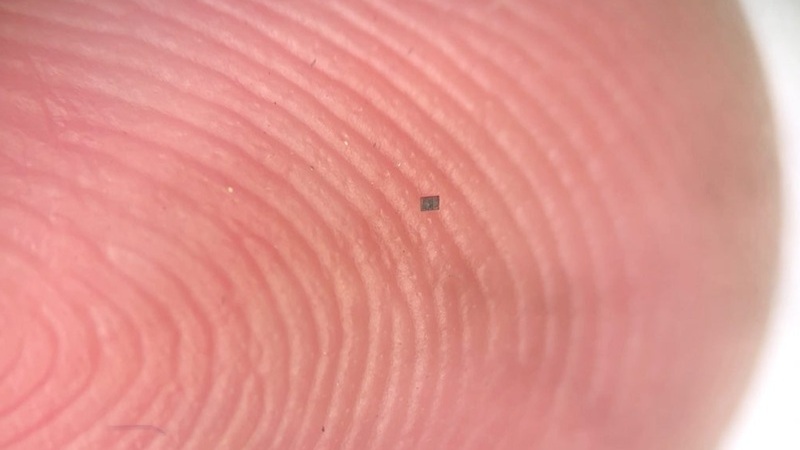Simple Prevention Protocol Can Reduce Dangerous Surgical Site Infections
|
By HospiMedica International staff writers Posted on 29 Mar 2024 |
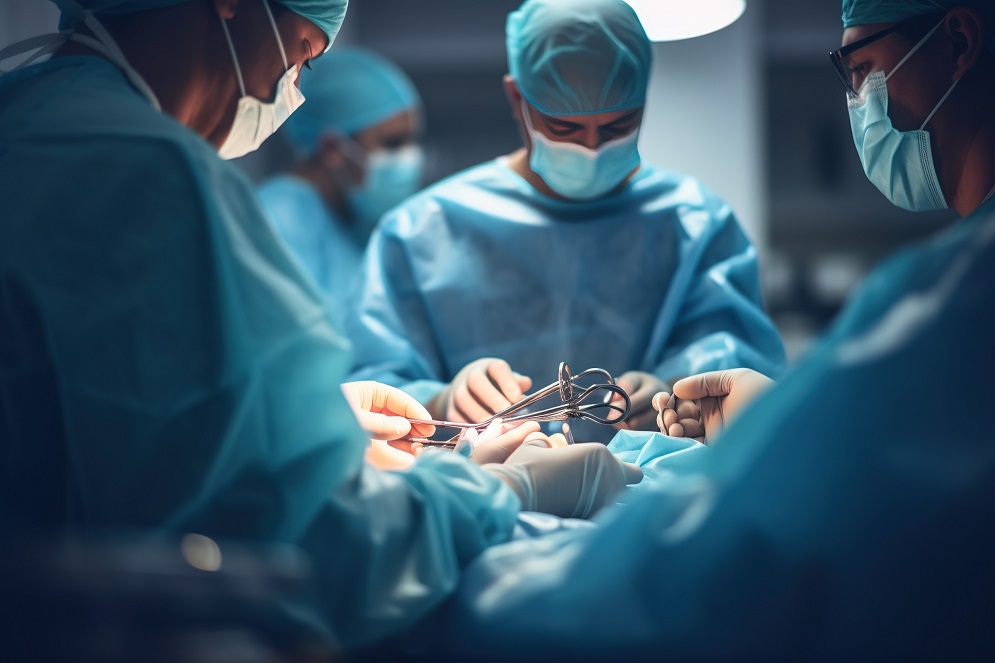
Surgical site infections (SSIs) pose a significant risk in the healthcare sector, increasing the likelihood of patient death by up to 11 times compared to those who do not contract an SSI. These infections not only lead to higher morbidity and mortality rates but also impose a considerable financial strain due to the prolonged hospital stays and additional costs incurred. Although various protocols have been recommended to counter SSIs, challenges such as patient non-compliance, escalating costs, and bacterial resistance often diminish their effectiveness. Now, a new study has demonstrated the effectiveness of a simple pre-surgical infection prevention protocol in reducing dangerous post-surgical infections.
In this new study, researchers at Soroka University Medical Center (Beersheba, Israel) evaluated the results of a protocol designed to minimize SSIs, particularly those caused by the Staphylococcus aureus bacterium. This protocol included administering povidone-iodine intranasally and applying chlorhexidine gluconate (CHG) on the skin before surgery. The study analyzed 688 adults who underwent hip or knee arthroplasty, or spinal surgery at the medical center from February 2018 to October 2021. Their post-surgical outcomes were then compared with those of patients from 2016 and 2017, prior to the introduction of povidone-iodine into the protocol. Monitoring was conducted for 90 days post-operation to evaluate the protocol's effectiveness.
Deploying this intervention prior to surgery helped to address a broad challenge in healthcare, that some 30% of the population is colonized with S. aureus without exhibiting symptoms. Remarkably, the protocol eradicated the S. aureus bacterium in nearly 40% of the patients who were carriers before surgery. The significance of removing S. aureus was underscored by findings that its presence shortly after surgery tripled the risk of SSI development. The introduction of this protocol led to a marked reduction in the occurrence of serious SSIs, highlighting its potential to significantly improve patient safety and outcomes in surgical settings.
“Our study clearly shows that we can prevent surgical site infections and keep patients safer through the use of a simple pre-surgical nasal application of povidone-iodine in combination with standard CHG bathing,” said Lisa Saidel-Odes, MD, Infectious Diseases specialist at Soroka University Medical Center. “We noted that the protocol is most effective in cases with little S. aureus present and suggest that an additional application of the povidone-iodine might be needed for patients with greater nasal colonization.”
Related Links:
Soroka University Medical Center
Latest Surgical Techniques News
- NIR Light Enables Powering and Communicating with Implantable Medical Devices
- Simple Bypass Protocol Improves Outcomes in Chronic Cerebral Occlusion
- Implantable Absorbable Sensor Detects Life-Threatening Complications After Intestinal Surgery
- New Study Findings Enable Improved Ventilation During Complex Lung Surgery
- 3D-Printed Blood Vessel Scaffolds Could Transform Heart Bypass Surgeries
- Novel Imaging Technique Helps View Blood Perfusion During Esophageal Surgery
- Minimally Invasive Surgery Proven Safe and Effective for Complex ‘Whipple’ Procedure
- Catheter-Based Procedures Offer Less Invasive Option for Treatment of Valvular Disease
- Laparoscopic Surgery Improves Outcomes for Severe Newborn Liver Disease
- Novel Endoscopy Technique Provides Access to Deep Lung Tumors
- New Study Findings Could Halve Number of Stent Procedures
- Breakthrough Surgical Device Redefines Hip Arthroscopy
- Automated System Enables Real-Time "Molecular Pathology" During Cancer Surgery
- Groundbreaking Procedure Combines New Treatments for Liver Tumors
- Ablation Reduces Stroke Risk Associated with Atrial Fibrillation
- Optical Tracking Method Identifies Target Areas in Robot-Assisted Neurosurgery
Channels
Critical Care
view channel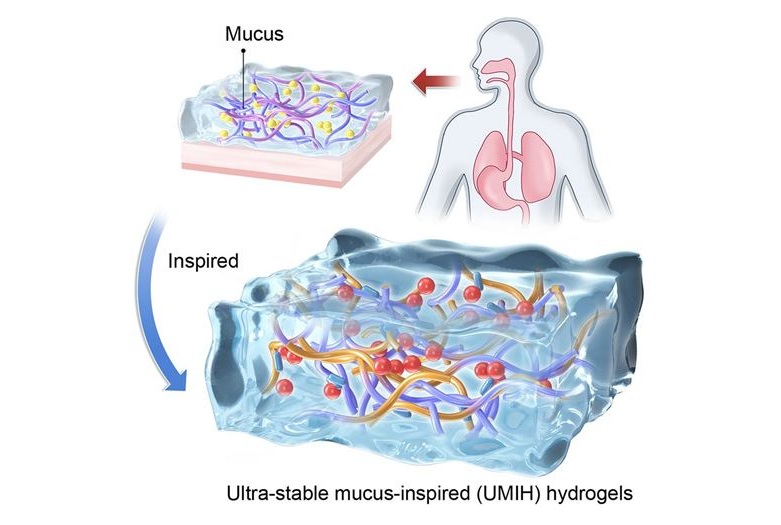
Ultra-Stable Mucus-Inspired Hydrogel Boosts Gastrointestinal Wound Healing
Treating wounds and delivering drugs in the gastrointestinal tract is challenging because most biomaterials rapidly degrade in the stomach’s highly acidic environment. Conventional hydrogels lose adhesion... Read more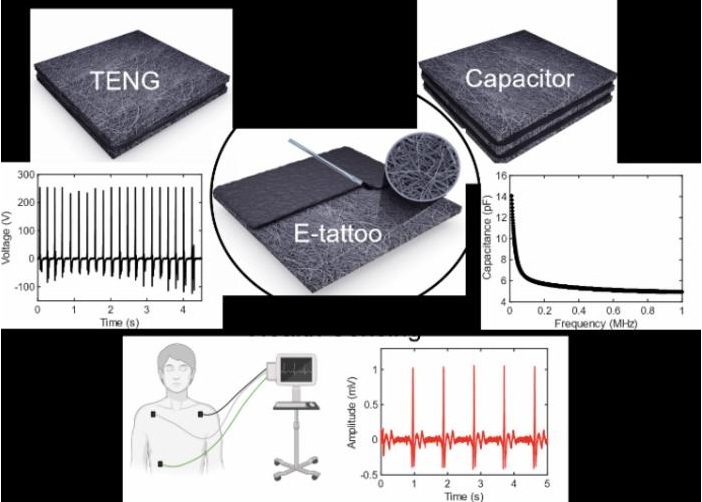
E-Tattoos Harvest Energy and Monitor Health in Real Time
Wearable health devices are increasingly used for continuous monitoring, but many rely on rigid components, external gels, or frequent battery charging, limiting comfort and long-term use.... Read morePatient Care
view channel
Revolutionary Automatic IV-Line Flushing Device to Enhance Infusion Care
More than 80% of in-hospital patients receive intravenous (IV) therapy. Every dose of IV medicine delivered in a small volume (<250 mL) infusion bag should be followed by subsequent flushing to ensure... Read more
VR Training Tool Combats Contamination of Portable Medical Equipment
Healthcare-associated infections (HAIs) impact one in every 31 patients, cause nearly 100,000 deaths each year, and cost USD 28.4 billion in direct medical expenses. Notably, up to 75% of these infections... Read more
Portable Biosensor Platform to Reduce Hospital-Acquired Infections
Approximately 4 million patients in the European Union acquire healthcare-associated infections (HAIs) or nosocomial infections each year, with around 37,000 deaths directly resulting from these infections,... Read moreFirst-Of-Its-Kind Portable Germicidal Light Technology Disinfects High-Touch Clinical Surfaces in Seconds
Reducing healthcare-acquired infections (HAIs) remains a pressing issue within global healthcare systems. In the United States alone, 1.7 million patients contract HAIs annually, leading to approximately... Read moreHealth IT
view channel
EMR-Based Tool Predicts Graft Failure After Kidney Transplant
Kidney transplantation offers patients with end-stage kidney disease longer survival and better quality of life than dialysis, yet graft failure remains a major challenge. Although a successful transplant... Read more
Printable Molecule-Selective Nanoparticles Enable Mass Production of Wearable Biosensors
The future of medicine is likely to focus on the personalization of healthcare—understanding exactly what an individual requires and delivering the appropriate combination of nutrients, metabolites, and... Read moreBusiness
view channel
Philips and Masimo Partner to Advance Patient Monitoring Measurement Technologies
Royal Philips (Amsterdam, Netherlands) and Masimo (Irvine, California, USA) have renewed their multi-year strategic collaboration, combining Philips’ expertise in patient monitoring with Masimo’s noninvasive... Read more
B. Braun Acquires Digital Microsurgery Company True Digital Surgery
The high-end microsurgery market in neurosurgery, spine, and ENT is undergoing a significant transformation. Traditional analog microscopes are giving way to digital exoscopes, which provide improved visualization,... Read more
CMEF 2025 to Promote Holistic and High-Quality Development of Medical and Health Industry
The 92nd China International Medical Equipment Fair (CMEF 2025) Autumn Exhibition is scheduled to be held from September 26 to 29 at the China Import and Export Fair Complex (Canton Fair Complex) in Guangzhou.... Read more












